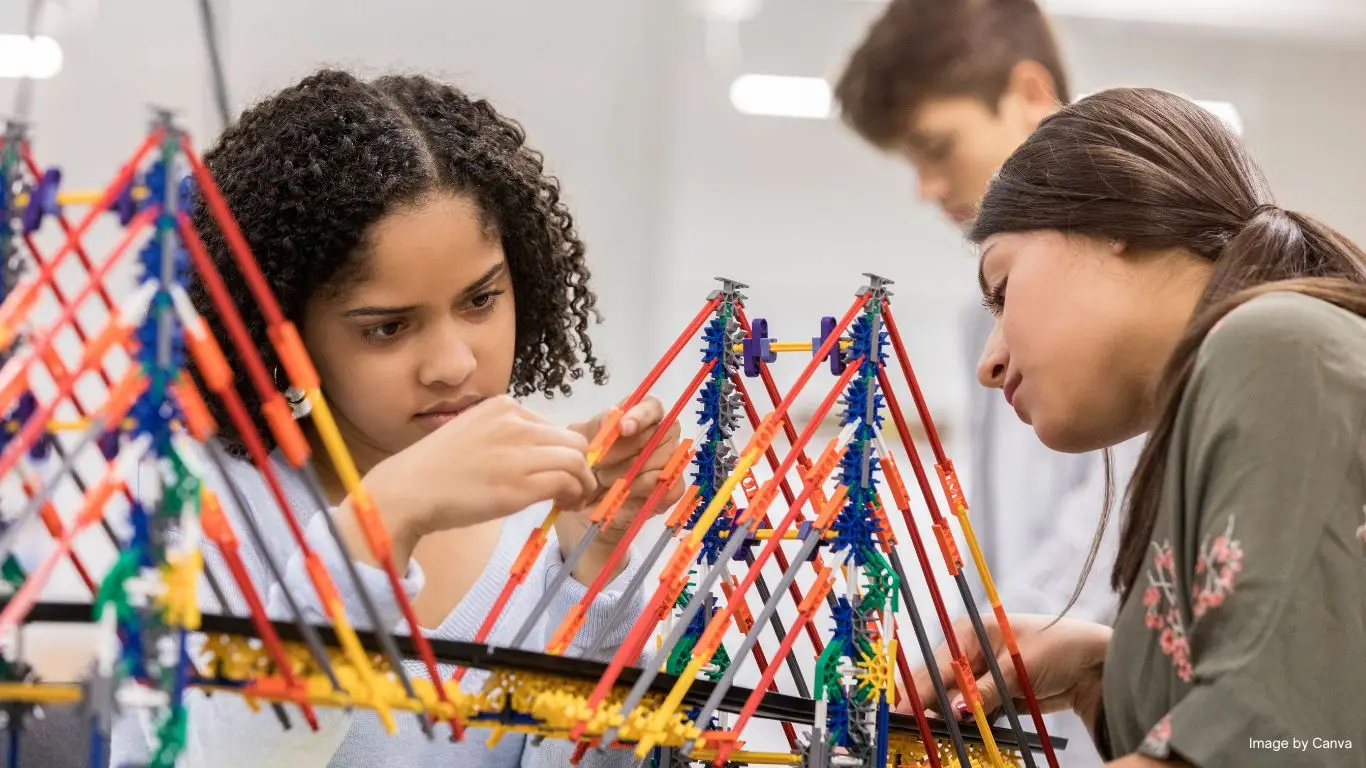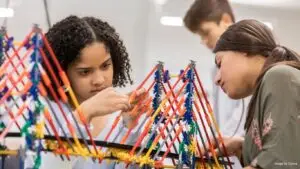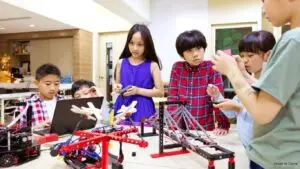In today’s fast-paced world, the landscape of education is constantly evolving. With advancements in technology, shifts in societal norms, and changes in the job market, educators are faced with the challenge of preparing students for an uncertain future. Traditional teaching methods may no longer suffice in equipping learners with the skills they need to thrive in the 21st century. This is where innovative approaches to education, such as project-based learning (PBL) and beyond, come into play.
Project-based learning is a pedagogical approach that emphasizes learning through real-world projects. Instead of passively absorbing information, students actively engage in solving problems, conducting research, and collaborating with peers. PBL fosters critical thinking, creativity, and communication skills, which are essential for success in the modern world. By working on projects that are relevant and meaningful to their lives, students are more motivated and invested in their learning journey.
One of the key benefits of project-based learning is its ability to adapt to change. In a rapidly changing world, where new technologies emerge and industries evolve, the ability to adapt and learn continuously is crucial. PBL provides students with the opportunity to develop this adaptability by encouraging them to explore new ideas, experiment with different approaches, and learn from failure. Instead of fearing change, students learn to embrace it as an opportunity for growth and innovation.
But project-based learning is just the beginning. As educators continue to explore innovative approaches to education, new methodologies and frameworks are emerging. For example, design thinking is gaining popularity as a way to foster creativity and problem-solving skills. Rooted in the principles of empathy, ideation, and prototyping, design thinking encourages students to approach problems from multiple perspectives and develop innovative solutions.
Similarly, inquiry-based learning encourages students to ask questions, seek answers, and construct their own understanding of the world. By nurturing curiosity and inquiry, this approach empowers students to become lifelong learners who are capable of navigating complex issues and making informed decisions.
Furthermore, the integration of technology opens up new possibilities for teaching and learning. From online collaboration tools to virtual reality simulations, technology can enhance engagement, facilitate communication, and provide access to resources that were previously inaccessible. By leveraging technology effectively, educators can create immersive learning experiences that cater to the diverse needs and interests of their students.
In conclusion, adapting to change requires innovative approaches to education that go beyond traditional teaching methods. Project-based learning, design thinking, inquiry-based learning, and the integration of technology are just some of the ways educators can prepare students for success in the 21st century. By embracing these approaches and fostering a culture of innovation in the classroom, educators can empower students to thrive in an ever-changing world.








